Ethical Journalism in a Populist Age
The Democratically Engaged Journalist
Stephen J. A. Ward
Rowman & Littlefield
Lanham Boulder New York London
Executive Editor: Elizabeth Swayze
Assistant Editor: Megan Manzano
Senior Marketing Manager: Kim Lyons
Credits and acknowledgments for material borrowed from other sources, and reproduced with permission, appear on the appropriate page within the text.
Published by Rowman & Littlefield
An imprint of The Rowman & Littlefield Publishing Group, Inc.
4501 Forbes Boulevard, Suite 200, Lanham, Maryland 20706
www.rowman.com
Unit A, Whitacre Mews, 26-34 Stannary Street, London SE11 4AB, United Kingdom
Copyright 2019 by The Rowman & Littlefield Publishing Group, Inc.
All rights reserved . No part of this book may be reproduced in any form or by any electronic or mechanical means, including information storage and retrieval systems, without written permission from the publisher, except by a reviewer who may quote passages in a review.
British Library Cataloguing in Publication Information Available
Library of Congress Cataloging-in-Publication Data Available
ISBN 978-1-5381-1071-3 (cloth : alk. paper)
ISBN 978-1-5381-1072-0 (pbk. : alk. paper)
ISBN 978-1-5381-1073-7 (electronic)
 The paper used in this publication meets the minimum requirements of American National Standard for Information SciencesPermanence of Paper for Printed Library Materials, ANSI/NISO Z39.48-1992.
The paper used in this publication meets the minimum requirements of American National Standard for Information SciencesPermanence of Paper for Printed Library Materials, ANSI/NISO Z39.48-1992.
Printed in the United States of America
To the ethical journalists who toil in the fields of journalism, upholding their integrity and their public purpose, in a media world seemingly gone mad.
Acknowledgments
I owe a debt of gratitude to my spouse and musical muse, Nadia Francavilla, for patiently supporting my writing of this book over the dead of a Canadian winter, as my mind abided in the luxurious realm of ideas. I thank poet Robert Shiplett and artist Stephen Scott for welcoming me to my new home in Fredericton, with weekly discourses on politics, media, and art over a glass of wine.
I
Journalism in a Toxic Public Sphere
Polluted Spheres, Eroding Democracies
What is the city but the people?
William Shakespeare, Coriolanus
A Polluted Public Sphere
Democracy Eroding
This book explains how journalists can protect and advance egalitarian, dialogic democracy, locally and globally. Rescuing democracy will require that journalists reconceive their role in society. It will require the articulation of new ethical norms and practices. It will require concrete action. Journalists, in collaboration with other democratic agencies, need to join common cause to detox a polluted public sphere.
This book is a work in journalism ethics, defined as the norms that should guide the social practice of journalism. It presumes that democracy is in serious trouble, and journalists canand mustdo something about it. It also presumes that, of all the problems that beset journalism, its troubled relationship to democracy is crucial. Journalism should be a democratic craft, antagonistic to undemocratic forces of any type. While journalism can (and does) exist without democracy, no form of democracy worth having can exist without a journalism dedicated to democratic principles.
Democracy is a problem for several reasons. The practice of democracy, as a working system of government that seeks to be plural and egalitarian, is in deep trouble. The pillars of egalitarian democracy are shaken every day by intolerant voices advancing racism or xenophobia or representing some form of economic or class privilege. The ideal of democracya place where citizens deliberate impartially and factually on the common goodfails to guide politics. In the United States and many other countries, we witness the erosion of democratic communities bound by norms of tolerance, compromise, dialogue, and objective facts. Citizens who disagree with extreme populists or intolerant majorities are dismissed as unpatriotic citizens.
Three large factors have created, in large part, this current turmoil: (1) the rise of a global public sphere; (2) the rise of extremism populism, and its infiltration of mainstream politics; and (3) the rise of information technologies that can be used to spread misinformation, division, and hatred. Despite the creative media unleashed by the digital revolution, the public sphere is corrupted in its capacity to discern truth from falsity, sincere reporters from manipulative voices, experts from ideologues, facts from uninformed assertion. The channels of information that inform democratic citizensthe very lifeblood of democracyare polluted by false information, conspiracy theories, ideological extremism, and manipulative groups. Not all of the public sphere is polluted. But so much of it is corrupted that new and strenuous efforts are needed to detox the sphere.
Extremism
At the center of the books focus is extremism in thought, word, and deed, especially in the domain of politics. Extremism leads to groups using the latest in communication technology to create a populist political media that disturbs and biases how the public understands issues and how they make political decisions. The more that extreme messages are circulated in our digital, global media, the greater likelihood that citizens, often frustrated by more moderate politics, may adopt more extreme beliefs and solutions to complex problems.
To call anything extreme is to say that an object has some feature to a high or intense degree, such as extremely hot or extremely inflammable. Extreme is a relative term. Saying something is extreme makes sense if we agree on what constitutes moderation in this case. I say my kitchen oven, when turned on high for its self-cleaning process, is extremely hot, relative to lower temperatures. But my oven is barely warm compared to the heat of the earths core. Similarly, people can be extremely irritable or extremely violent compared with more placid, nonviolent people. It all depends on your frame of reference.
The frame of reference is important in politics when we talk about extreme beliefs and groups. Depending on the context, some people may think my strong support for free speech an extreme viewpoint. An association of atheists may be regarded by conservative Christians as promoting an extreme, even dangerous, belief, but more-liberal Christians may disagree. We may say that X is more extreme in his views about when to use nuclear weapons than Y, who is a moderate, stressing restraint. One might define moderate views statistically as the mean between weak and extreme forms of a belief, or what is normal from a quantitative perspective. But such methods are not always reliable. In a country that is enthralled with a young, extreme distractor who promises to rid a country of Jews and other miscreants, the mean for political beliefs will be extreme.
The frame of reference for this book is the principles of one form of moderate democracy: egalitarian, dialogic democracy. I will define this form of democracy later. Examples of its principles are the right of all citizens to vote, equality before the law, and respect for all groups. This political framework is moderate relative to what? Relative to other views of democracy and the principles of nondemocratic systems. What makes moderate democracy moderate is its inclusive, tolerant attitude toward all groups in society and its opposition to measures that would discriminate against any of them. It is also moderate in its attitude toward foreigners, new immigrants, and other countries. As I discuss later, moderate democracy does not view its nation as superior, nor does it adopt a xenophobic, aggressive stance toward other nations or cultures. Moderate democracy is not tribalism.
Next page
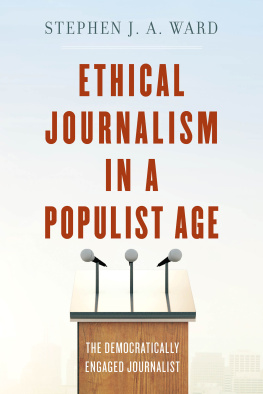

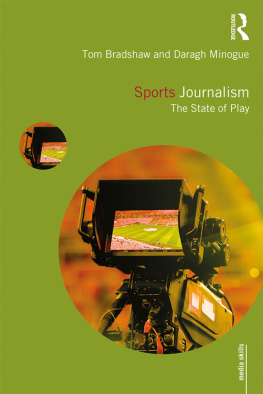
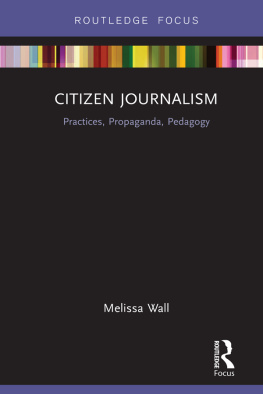
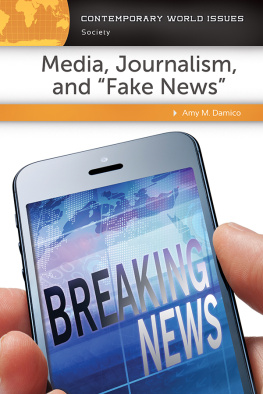
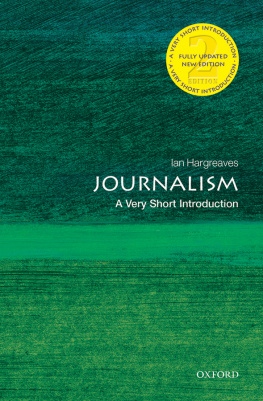
 The paper used in this publication meets the minimum requirements of American National Standard for Information SciencesPermanence of Paper for Printed Library Materials, ANSI/NISO Z39.48-1992.
The paper used in this publication meets the minimum requirements of American National Standard for Information SciencesPermanence of Paper for Printed Library Materials, ANSI/NISO Z39.48-1992.